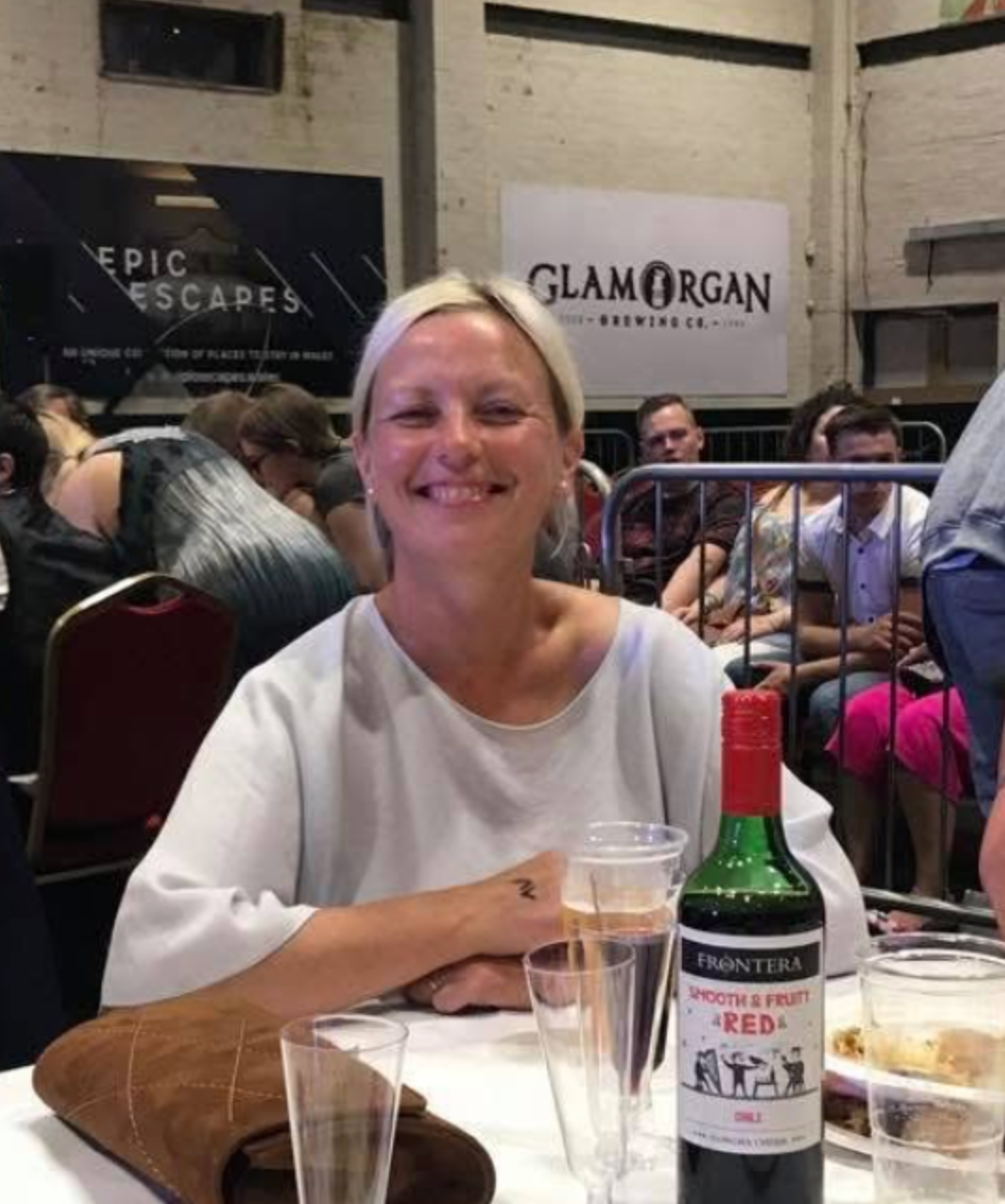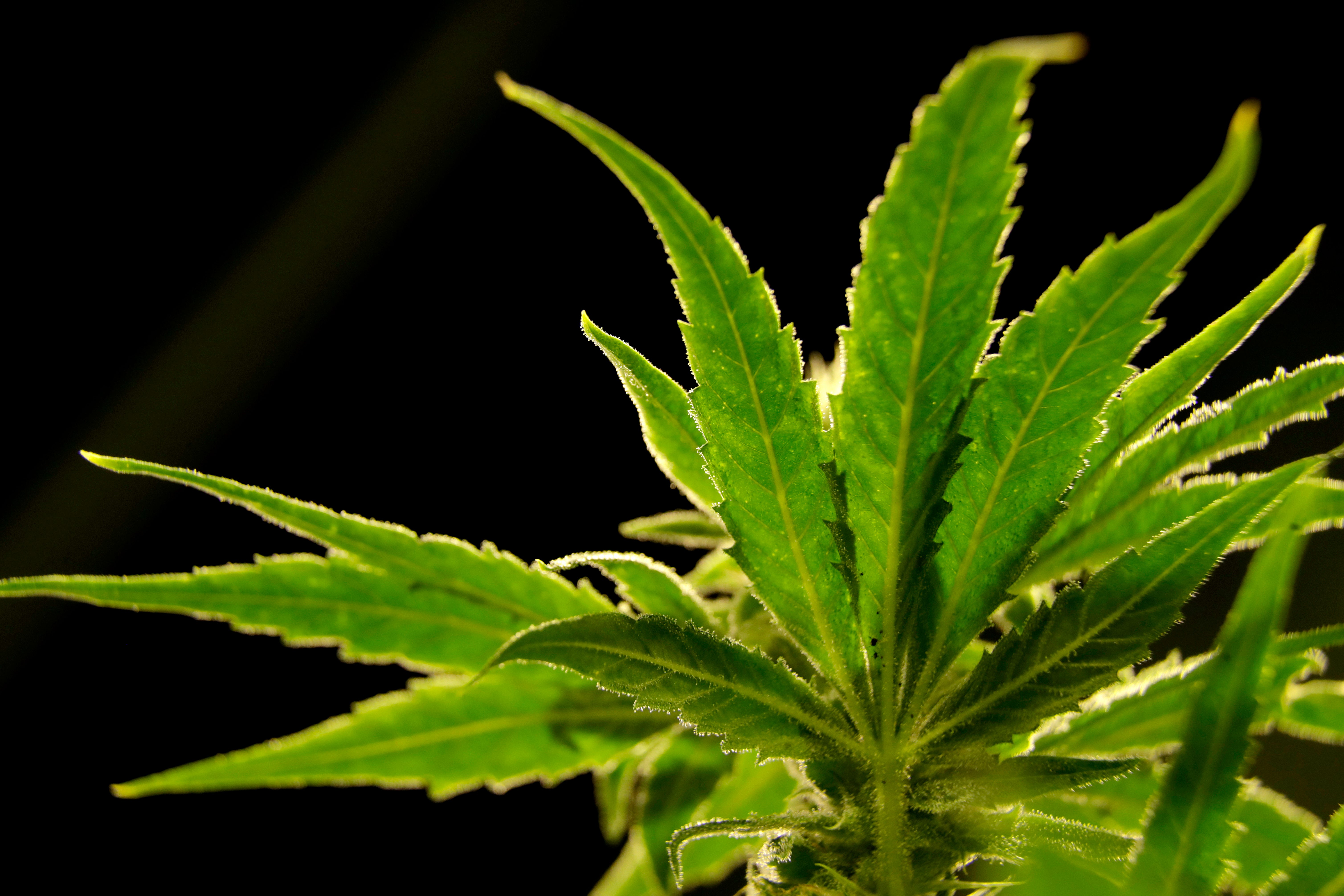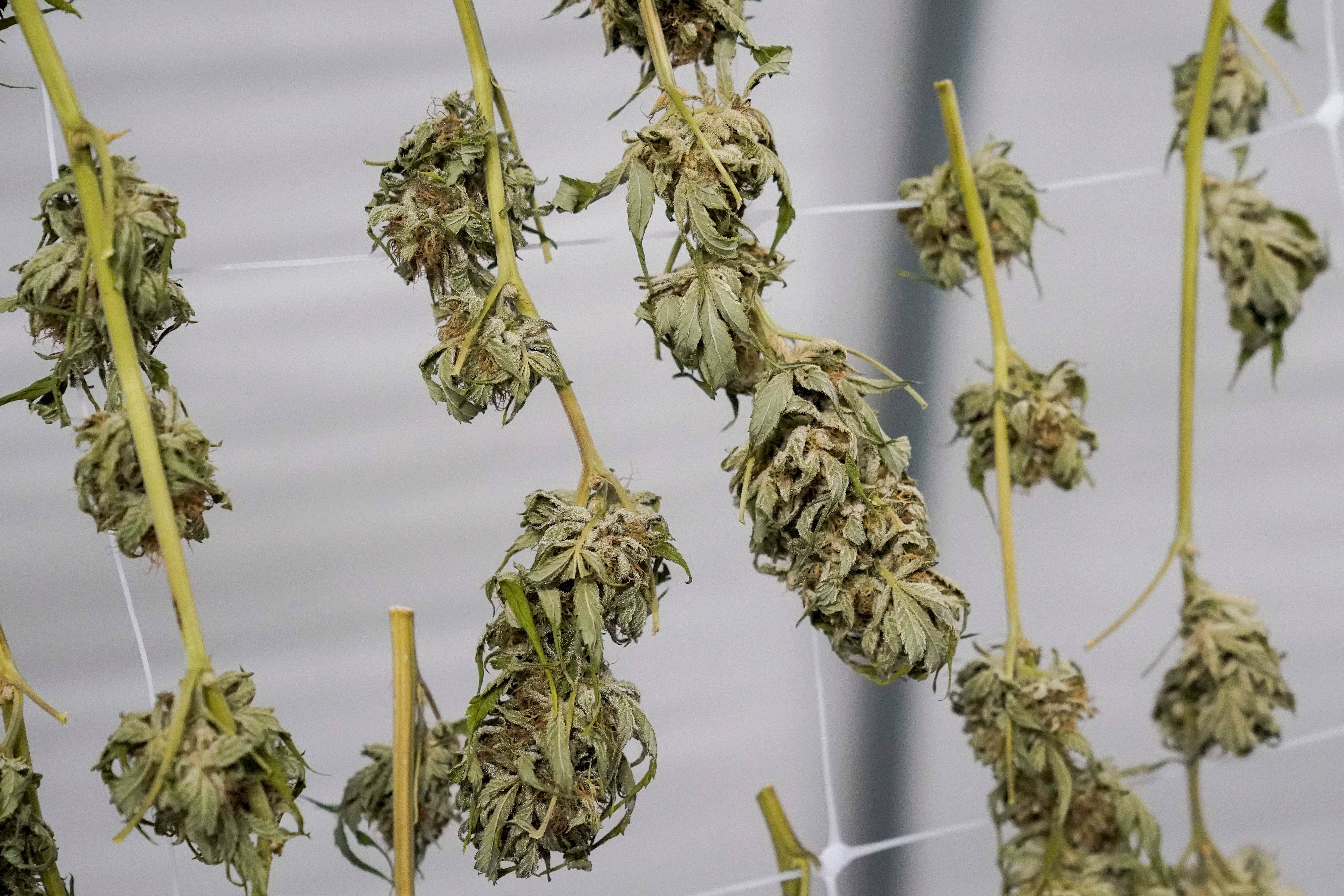‘Pain relief failed me but I began to embrace life again thanks to medical cannabis’
October 4, 2025
More British women suffering from chronic pain are opting for medical cannabis after over-the-counter treatments failed to provide any relief.
They are turning to the rapidly expanding private sector, where cannabis is more accessible, particularly for those dealing with conditions like menopause and endometriosis.
Since medical cannabis was legalised in 2018, thousands of women have accessed the treatment, although it remains rarely prescribed on the NHS.
Kirstie Baker, a 55-year-old mum from Cardiff, said her life was upended when she entered menopause five years ago. “I couldn’t sleep. I couldn’t communicate properly. I was snapping at my children, my husband was nervous around me, and I just didn’t feel like me anymore,” she said.
GPs prescribed antidepressants for her symptoms, but they left her feeling woozy and hungover. “It was chemical chaos in my body,” she said.

A conversation with a family member at a Christmas party introduced her to the idea of medical cannabis. Shortly after, she got it prescribed from Alternaleaf, one of the UK-based online clinics.
She immediately noticed a difference, and now medicates in the morning and at night, ingesting it through a vape. “Before I started taking it, I was becoming quite preclusive. I didn’t really want to go anywhere or do anything,” she said. “I became quite anti-social.
“When I started using medical cannabis, all of those things started to dissolve…and I really started to embrace life again.”
Mrs Baker had struggled for years to get effective treatment, and felt as if she wasn’t being heard. She said: “We need to talk about menopause more, what it really does to women, how lonely and misunderstood it can be.
“And we need to talk about medical cannabis, too. If I hadn’t heard about it through my nephew, I’d still be suffering.”

A Nurofen report from late last year found that 81 per cent of UK women aged between 18 and 24 felt that their pain was dismissed or ignored. Mrs Baker said she hopes to see it become more recognised as an alternative to other pain medications.
Medical cannabis is thought to regulate pain, inflammation, ease nerve sensitivity, and improve sleep.
The NHS can prescribe cannabis-based medicine by a specialist hospital doctor or under a specialist’s supervision, which includes a range of licensed treatments for conditions including sclerosis, rare severe epilepsies, and nausea caused by chemotherapy.
But it very rarely provides the ‘full-spectrum cannabis treatment’ Mrs Baker uses, which contains all compounds found in the cannabis plant.
A survey of 500 NHS doctors this year found that 80 per cent would consider prescribing cannabis for women’s health conditions if it were available to them.
About 80,000 people are currently using unlicensed medical cannabis in the UK, according to the Medical Cannabis Clinicians Society. Of those, just six have been prescribed through the NHS, the group said. The rest access it from around 40 specialist clinics.

Mrs Baker said: “When I spoke to my GP about this, they weren’t very forthcoming with information on it. They weren’t going to promote it, they would rather me try various antidepressants.”
Her clinic says the number of female patients has grown by 50 per cent every three months over the past year, nearly half of whom are being treated for chronic pain. To qualify, patients must be over 18 and have a confirmed diagnosis.
An NHS spokesperson said: “Many doctors and professional bodies remain concerned about the limited evidence available regarding the safety and efficacy of unlicensed cannabis-based products and licensed products being used off-label for other medical conditions.”
But Professor Mike Barnes, a neurologist and medical cannabis expert, argues otherwise, and claims there is overwhelming evidence showing that it is safe.
He said that while many effective painkillers exist, some women reach a point where no licensed medications work. Mr Barnes said those people should consider medical cannabis.
For women with chronic pain like endometriosis, menopause, or perimenopause, he said: “It’s a very good, valid alternative for chronic pain.”
Mr Barnes believes that this will become more normalised for people with chronic pain, “the numbers are going up about 2,000 to 2,500 a month privately.”
“The side effects are very minimal, relatively easy to control,” he said, claiming that when properly prescribed, there is no risk of getting addicted or dependent.
“I don’t think there is much of a downside. It’s not safe for everybody, but a proper prescription, a properly trained doctor would exclude the small number of women who wouldn’t be suitable for it.”
Those who have recently suffered a heart attack, a stroke, or have a history of psychosis would be excluded from the treatment. “Like any medicine,” he said.
Search
RECENT PRESS RELEASES
Related Post



